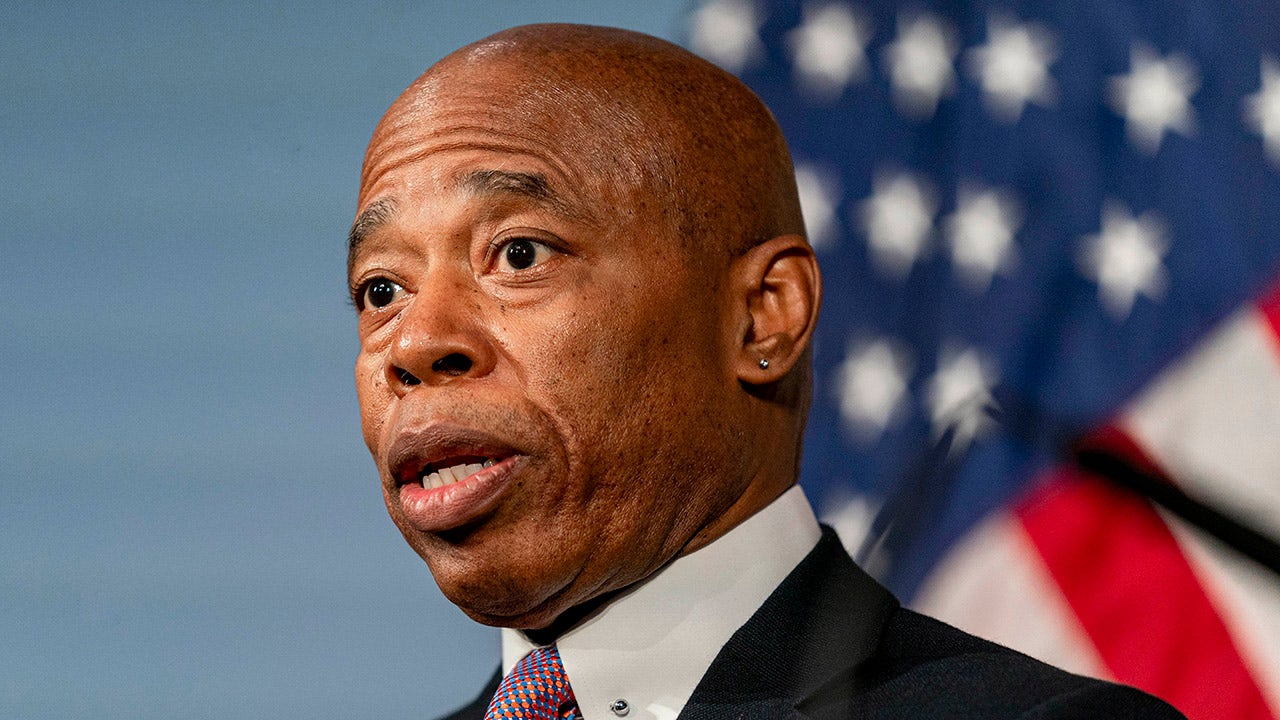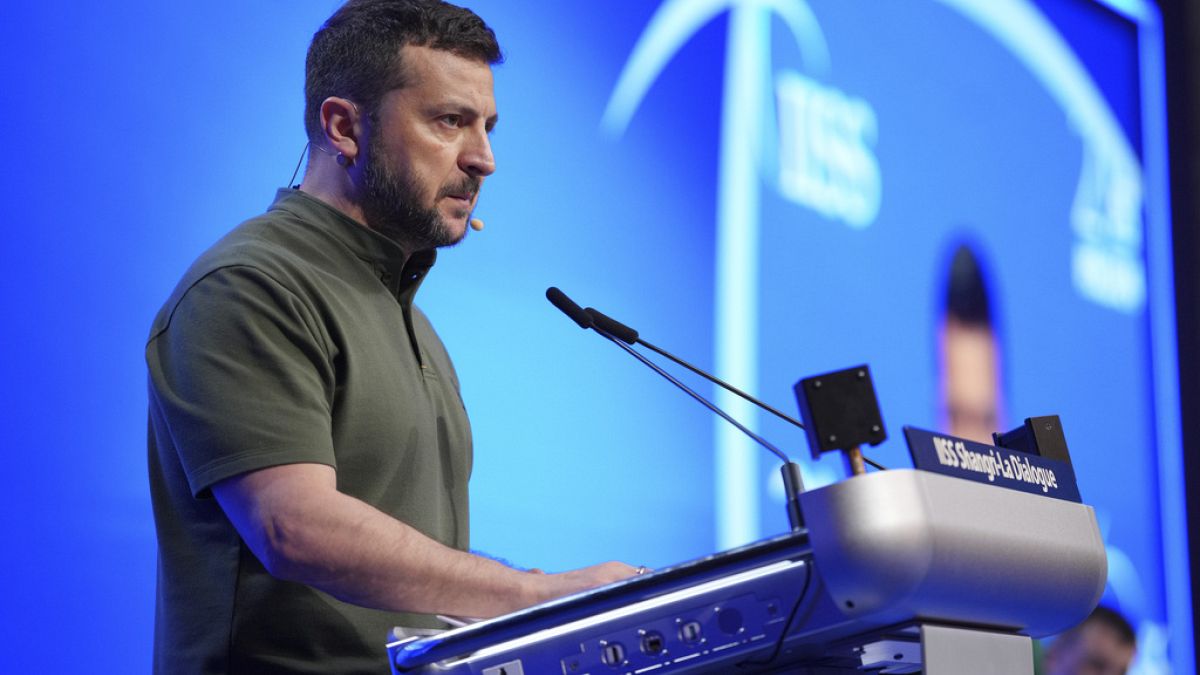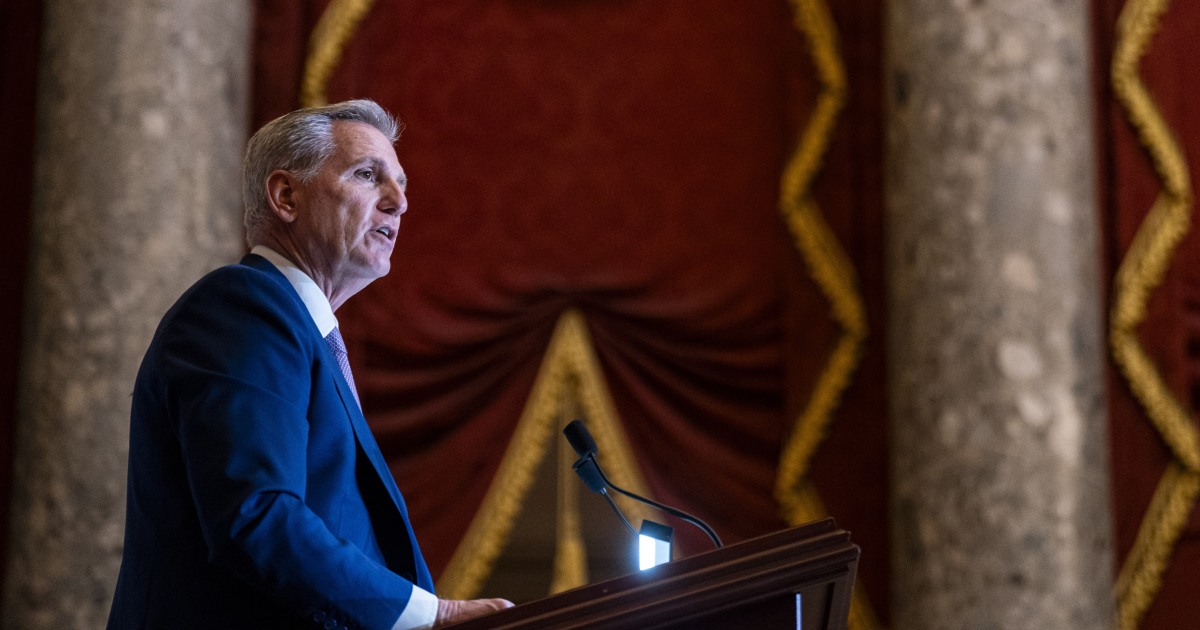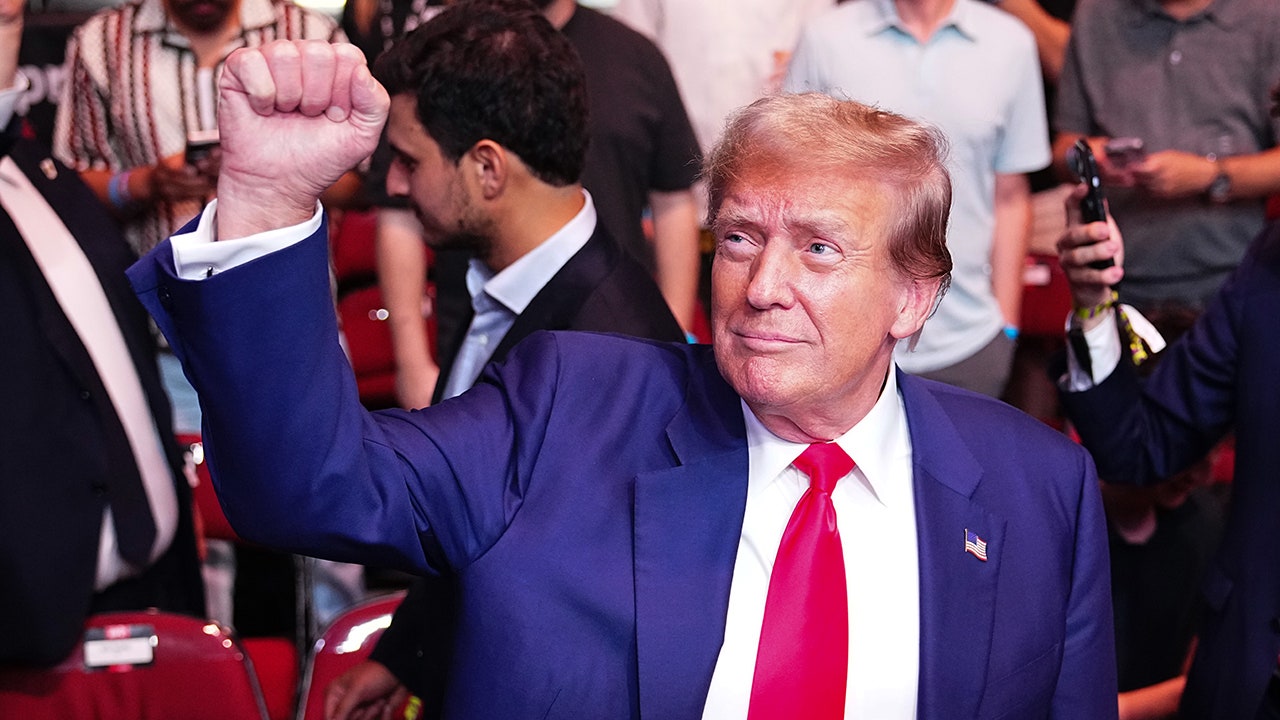Education
Texas Lawmakers Pass Ban on D.E.I. Programs at State Universities

The News: Just a day before the Texas legislative session ended, state lawmakers approved a ban on offices and programs that promote diversity, equity and inclusion at publicly funded colleges and universities. On Sunday, both chambers approved Senate Bill 17, which was sponsored by Brandon Creighton, a Republican state senator.
“The days of political oaths, compelled speech, and racial profiling in university hiring are behind us,” Mr. Creighton said in statement.
Democratic leaders, college educators and students warned that the bans could have wide repercussions including on the ability to attract and retain students from diverse backgrounds and on the chances of winning research and programming grants.
The Texas Conference of American Association of University Professors said in a statement that the bill sends a clear message to the 1.3 million public university and community college students, “that our state is not committed to welcoming students from all backgrounds and to building a public higher education system that is truly inclusive and supportive of all.”
Why It Matters: Education is at the forefront of political battles across the country.
Texas is the latest state to defund diversity, equity and inclusion initiatives, known as D.E.I. The move there is part of a national wave by conservative politicians who say that taxpayer money is being used to stoke racial division and push a liberal agenda in colleges and universities.
An Associated Press analysis of legislative bills found at least 30 bills in about a dozen states this year were aimed at ending diversity, equity and inclusion efforts in colleges and universities.
Background: D.E.I. has been targeted nationally.
Across the country, public colleges and universities have opened D.E.I. offices to help attract and support a broad range of students. But in recent months, those efforts have been targeted by conservative state legislators who paint them as discriminatory. So far, several universities have halted their D.E.I. programs, prompted either by laws or political pressure. In perhaps the most high-profile case, Gov. Ron DeSantis of Florida signed a bill into law two weeks ago prohibiting institutions of public higher education from spending funds on D.E.I. initiatives. In Iowa, the Board of Regents president announced the current D.E.I. programs at three public universities would be studied, and any new initiatives would be halted until the review was completed.
What’s Next
Senate Bill 17 heads to Gov. Greg Abbott, a Republican, who will almost certainly sign it. If the bill becomes law, D.E.I. programming at public colleges and universities would be required to shut down in about six months.

Education
Video: ‘It Didn’t Have to Happen This Way:’ U.Va. Faculty Call for Review of Police Response to Protests

Protesters: “Disclose! Divest!” In student-led protests around the country, university faculty have stood in support of demonstrators, risking arrest. “He is a professor. He is a professor.” At the University of Virginia, The Times got an inside look at faculty’s role. “I can take you through the blow by blow of the day if you want.” And how their negotiations with police broke down at a crucial moment. “Why is he —” “Back up.” “In a wanton fashion, they allowed the Virginia State Police to come here fully armed, rifles, mace. One of my colleagues was standing right there trying to talk to the Virginia State Police. He got arrested. The other one standing next to him got pushed back behind the line, and he got partially maced. It didn’t have to happen this way.” The night before police raided a pro-Palestinian encampment, a few University of Virginia professors tried to deescalate the standoff and recorded their conversation with the university police chief, Tim Longo. The Times agreed to blur the faces of faculty who had concerns about their job security. Protesters had refused to engage with the university. So a handful of professors stepped in to be intermediaries. This, at times, frustrated administrators who told The Times the process required a leap of faith. “We basically took shifts, two-hour shifts being here. We had these yellow armbands that we wore to distinguish that we were faculty liaison. And our job really was just to communicate between the administration, the police and the students.” Hours later, Professors Walter Heinecke and Mark Sicoli, who documented the incident on his phone, approached the police chief again, stating confusion about what the campus policy actually states for use of smaller recreational tents. Within half an hour, before professors and police could come to an agreement about the tent policy, Chief Longo called the Virginia State Police. Troopers soon arrived with pepper spray and M4 assault rifles to help dismantle the encampment. In all, a few dozen protesters in about 20 tents. “Shame on you. Shame on you.” University officials say they warned protesters for days that they were in violation of school policy. Twenty-seven people were arrested, including at least one professor, who declined to speak with us for this story. “He is a professor. This is a professor.” “We were in front of the camp students. And then in front of us were faculty. And then the Virginia State Police were here and moved in. I was hit with a riot shield, which is when I got this bruise. They pepper-sprayed me. I was detained for about 10 minutes, if I had to guess. And then eventually, they just, like, cut off my zip ties.” The heavy police response raised alarm across campus. And now, several faculty members, including Heinecke, want to hold the university accountable for what they say was a violent clampdown on free speech, protesting Israel’s war in Gaza. “I’ve just got to show you one thing where they get around on —” “If they would have just said, you know, let’s negotiate, let’s leave the tents up for a couple more days and we’ll negotiate this out. It’s not like you’re robbing a bank or anything. You put a couple of tents on. Why couldn’t we have just done this a different way because the stakes were so low?” The university president and campus police chief did not respond to requests for comment. “And then I’ll turn to Chief Longo.” But in a virtual town hall on May 7, university police and administration defended their actions, citing unidentified outside agitators as a primary concern. “The police were met with physical confrontation and attempted assault, and didn’t feel equipped to engage given the situation. That’s when the decision was made to call on the state police.” “We have a duty to fight for Palestine.” “We have a —” “I was afraid that myself and the assistant chief would be surrounded, and that we would be put in a position to have to defend ourselves. It was clear to me by word and action, this was escalating.” “Free, free Palestine.” “In front of the historic rotunda.” In response, Heinecke and several other faculty members held their own town hall to try to show that the police action was unwarranted. Then on May 10, the U.V.A. faculty senate held a hearing with President Ryan to discuss the university response to protests. “I, for one, am thankful for him that he prevented us to get into a situation, which would be similar to a Columbia.” While there was support, most of the speakers were critical. “My heart broke because of what took place.” “To the condemnable call of the Virginia State Police in full gear, and the use of excessive force to terrorize our students in their own backyard.” “If all of you decide I’m not the right leader, that’s your choice.” In a vote, faculty called for an independent review of his and Chief Longo’s decisions on May 4, but stopped short of condemning the police action outright. “All right. Once again, I need people who are just here for court.” On the same day across town, supporters of protesters facing trespassing charges gathered in solidarity at the courthouse. “It’s first hearing for everybody who was charged with trespass, which includes our two students.” On May 15, many of those arrested at the protest encampment had their charges dismissed by the public prosecutor. A U.V.A. spokesman told The Times that the university has not yet agreed to an independent review of its decision to call in state police.
Education
Video: Hundreds of Harvard Students Walk Out at Commencement

new video loaded: Hundreds of Harvard Students Walk Out at Commencement
transcript
transcript
Hundreds of Harvard Students Walk Out at Commencement
The students were protesting Harvard University’s decision to bar 13 seniors from the ceremony in the wake of campus demonstrations over the war in Gaza.
-
Crowd: “Let them walk. Let them walk, let them walk.”
Recent episodes in Israel-Hamas War
Education
Video: Protesters Scuffle With Police During Pomona College Commencement

new video loaded: Protesters Scuffle With Police During Pomona College Commencement
transcript
transcript
Protesters Scuffle With Police During Pomona College Commencement
Pro-Palestinian demonstrators tried to block access to Pomona College’s graduation ceremony on Sunday.
-
[chanting in call and response] Not another nickel, not another dime. No more money for Israel’s crime. Resistance is justified when people are occupied.
Recent episodes in U.S.
-

 News1 week ago
News1 week agoRead the I.C.J. Ruling on Israel’s Rafah Offensive
-

 News1 week ago
News1 week agoVideo: Protesters Take Over U.C.L.A. Building
-

 World1 week ago
World1 week agoHoping to pave pathway to peace, Norway to recognise Palestinian statehood
-

 News1 week ago
News1 week agoLegendary U.S. World War II submarine located 3,000 feet underwater off the Philippines
-

 World1 week ago
World1 week agoFamilies of Uvalde school shooting victims sue Microsoft, Meta and gunmaker
-
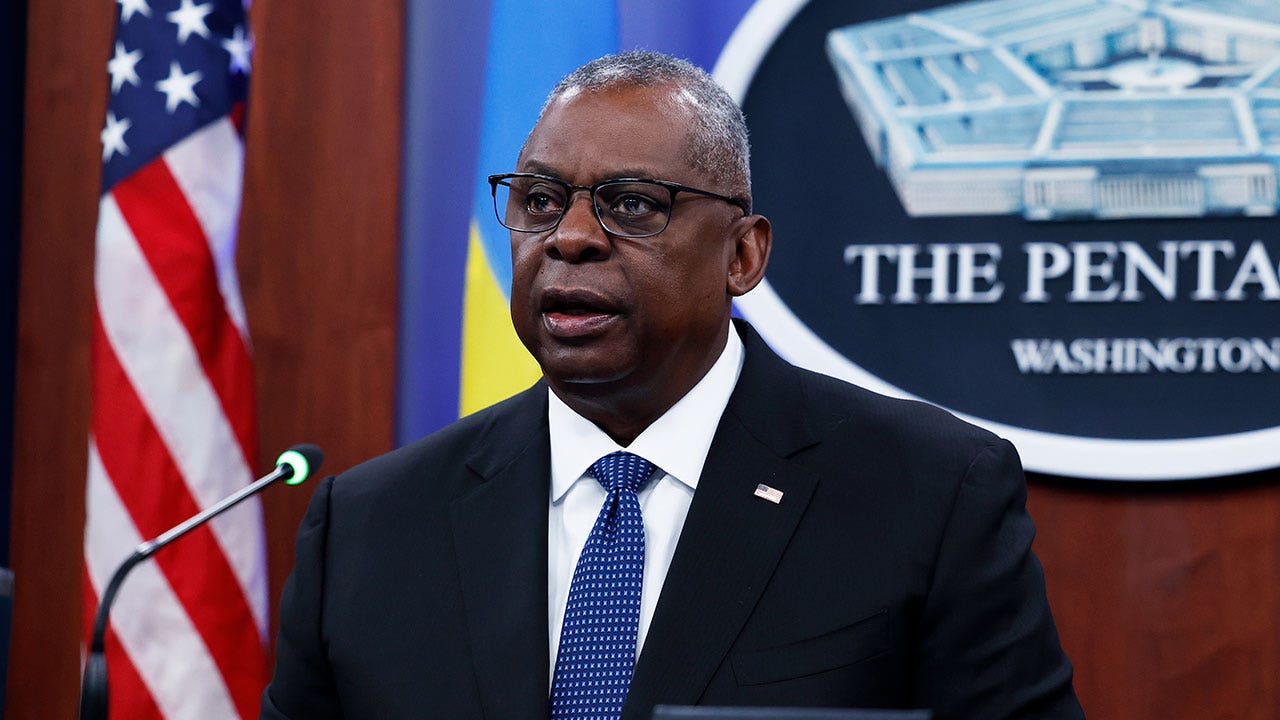
 Politics1 week ago
Politics1 week agoDefense Secretary Lloyd Austin to undergo nonsurgical procedure, Deputy Kathleen Hicks will assume control
-

 Politics1 week ago
Politics1 week agoHunter Biden attends pre-trial hearing in Delaware court on federal gun charges
-

 News1 week ago
News1 week agoHere are three possible outcomes in the Trump hush money trial : Consider This from NPR









